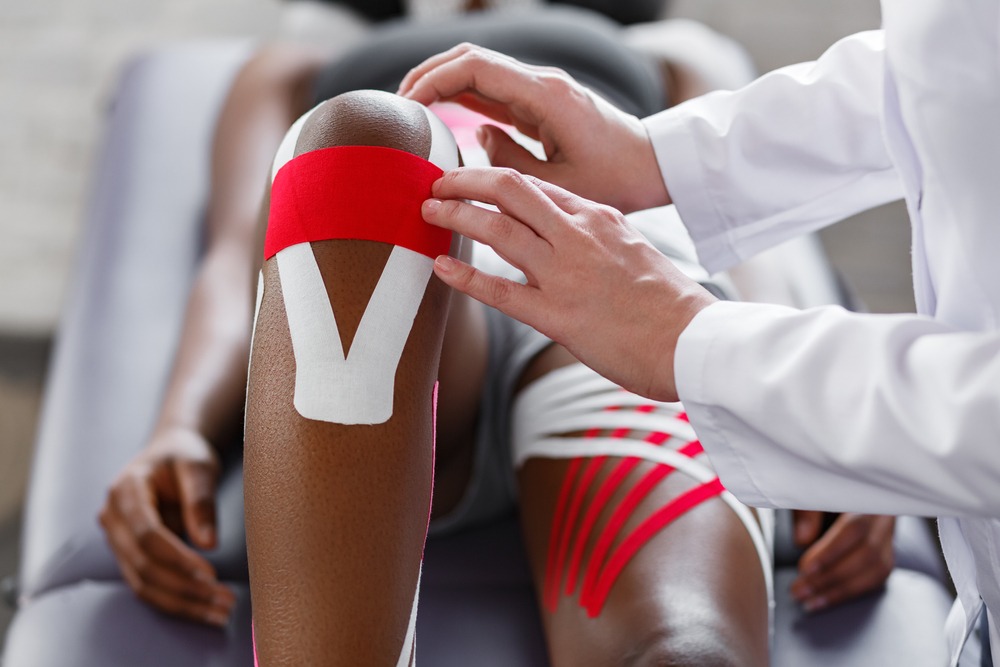 Health professionals are recognized as Athlete Support Personnel (ASP) under the World Anti-Doping Agency (WADA) Code, or the Code. ASP are instrumental in helping athletes maintain their reputation and navigate their sport responsibilities, which include anti-doping. Under the Code, ASP are also subject to rules, which is why it remains important that ASP know how best they can protect themselves and support athletes. Continue reading to learn the roles and responsibilities that ASP have when it comes to clean sport.
Health professionals are recognized as Athlete Support Personnel (ASP) under the World Anti-Doping Agency (WADA) Code, or the Code. ASP are instrumental in helping athletes maintain their reputation and navigate their sport responsibilities, which include anti-doping. Under the Code, ASP are also subject to rules, which is why it remains important that ASP know how best they can protect themselves and support athletes. Continue reading to learn the roles and responsibilities that ASP have when it comes to clean sport.
Can ASP receive rule violations?
Since ASP are bound by the Code in the same way as athletes, they are also subject to receiving Anti-Doping Rule Violations, such as trafficking and tampering violations. As role models and trusted mentors, ASP must also be knowledgeable of and compliant with all anti-doping policies and rules, as well as foster the values of clean sport and encourage athletes to uphold their anti-doping responsibilities.
More specifically, ASP may be asked to provide guidance on medication, nutrition, and supplements, which means they need to understand the WADA rules around substances and methods and help athletes utilize the many resources available to determine the prohibited status.
What can health professionals do to help support athletes with clean sport?
Health professionals often serve as the most trusted resource for athletes regarding their use of medications and supplements, so it is crucial for health professionals to familiarize themselves with the rules and regulations outlined in the Code and the Prohibited List to determine the most effective ways to support athletes. When prescribing medications or recommending supplements to athletes, health professionals should know how to check the status of the medications on GlobalDRO.com, in addition to explaining the risk of supplement use to athletes and how to reduce those risks.
If an athlete needs to use a treatment prohibited in sport and there are no permitted alternatives, health care professionals should also help athletes with the Therapeutic Use Exemption (TUE) application process. The TUE application process is thorough and designed to balance the need to provide athletes access to critical medication while protecting the rights of clean athletes to compete on a level playing field. Providers will be integral in providing the required documentation.
Health professionals should also engage in open and honest dialogue with athletes regarding the effects doping can have on their athletic careers, as well as to their overall physical and mental health.
Keep in mind that anti-doping rules are subject to change and health professionals have a responsibility to keep themselves informed of amendments and updates to the Code and the WADA Prohibited List.
Where can health professionals go to learn more about their role in clean sport?
USADA has many resources for ASP, including HealthPro Advantage: Anti-Doping Education for Health Professionals, an eLearning course created specifically for health professionals who treat athletes. The course was created by USADA in partnership with Stanford University and is available for CME and CEU credits.
More questions?
For questions about specific products, substances, and methods, contact USADA’s Drug Reference Line at drugreference@USADA.org or call (719) 785-2000, option 2. There is also a TUE Pre-Check Form that athletes can submit to get a quick response on whether a TUE is necessary.
Read more Spirit of Sport blog posts



